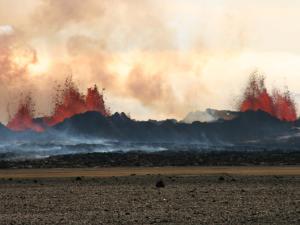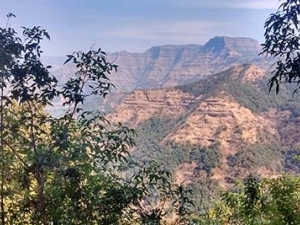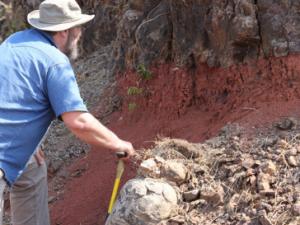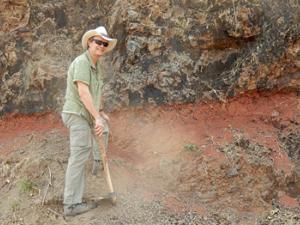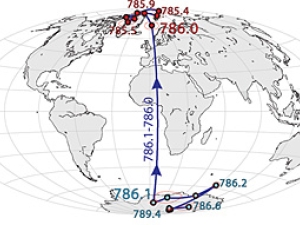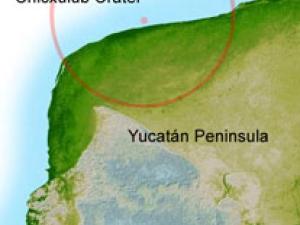

Research Bio
Volcanism, human evolution, mass extinctions, Earth-solar system interactions.
Research Expertise and Interest
geochemistry, geochronology, paleomagnetism
In the News
Mega-Eruptions Linked to Most Mass Extinctions Over Past 500 Million Years
Students make neutrons dance beneath Berkeley campus
Asteroid or volcanos? Apportioning blame for the dinosaur extinction
Six UC Berkeley faculty elected AAAS fellows
Asteroid impact, volcanism were one-two punch for dinosaurs
UC Berkeley geologists have uncovered compelling evidence that an asteroid impact on Earth 66 million years ago accelerated the eruptions of volcanoes in India for hundreds of thousands of years, and that together these planet-wide catastrophes caused the extinction of many land and marine animals, including the dinosaurs.
Did Dinosaur-Killing Asteroid Trigger Largest Lava Flows on Earth?
The asteroid that slammed into the ocean off Mexico 66 million years ago and killed off the dinosaurs probably rang the Earth like a bell, triggering volcanic eruptions around the globe, according to a team of UC Berkeley geophysicists. The impact may have re-ignited the eruptions at the Deccan Traps, initiating the largest lava flows on Earth.
Earth’s magnetic field could flip within a human lifetime
UC Berkeley geophysicist Paul Renne, grad student Courtney Sprain and their Italian and French colleagues found that Earth’s last magnetic reversal took place 786,000 years ago and happened very quickly, in less than 100 years – roughly a human lifetime. The rapid flip is much faster than the thousands of years most geologists thought.
New evidence comet or asteroid impact was last straw for dinosaurs
In an attempt to resolve the issue, scientists at the Berkeley Geochronology Center (BGC), the University of California, Berkeley, and universities in the Netherlands and the United Kingdom have now determined the most precise dates yet for the dinosaur extinction 66 million years ago and for the well-known impact that occurred around the same time.

